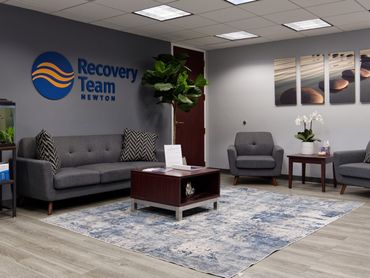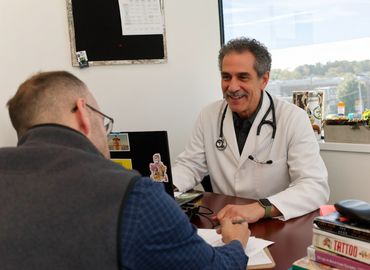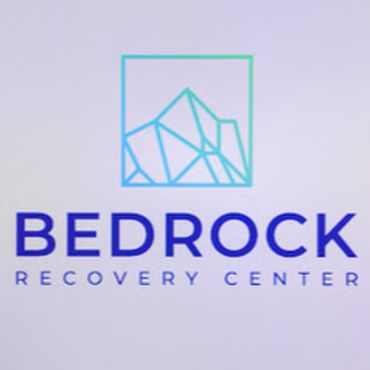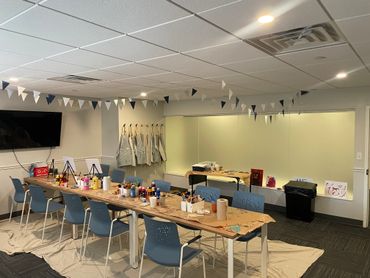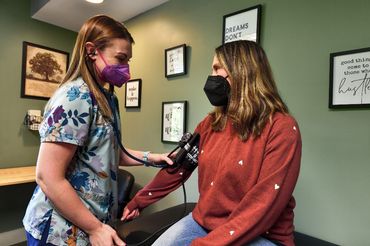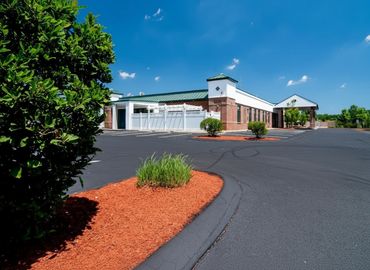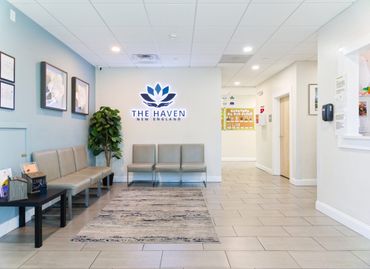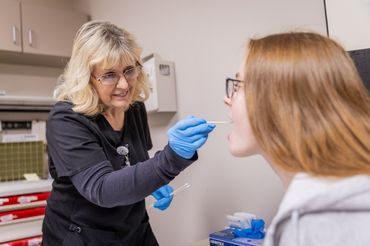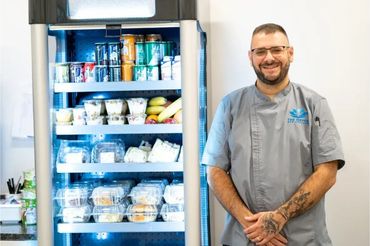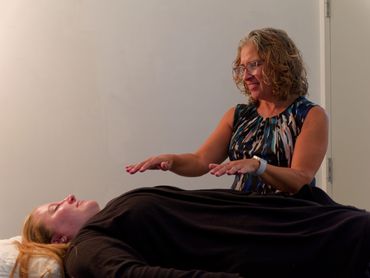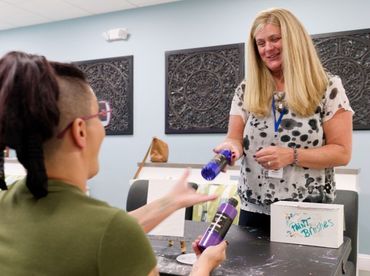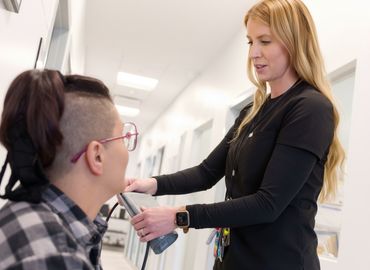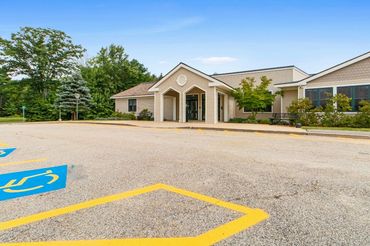
Drug & Alcohol Rehab Centers near Danvers, MA
When it comes to finding treatment for substance use disorder in Danvers, Massachusetts, taking that first step towards recovery is crucial. It’s essential to understand the available treatment options and payment methods to ensure a smooth journey towards a healthier, addiction-free life.
Treatment Centers near Danvers, MA



All Treatment Centers near Danvers, MA
Are You Covered For Treatment?
- Worcester Rehabs
- Boston Rehabs
- Springfield Rehabs
- Brockton Rehabs
- Fall River Rehabs
- Taunton Rehabs
- New Bedford Rehabs
- Holyoke Rehabs
- Framingham Rehabs
- Tewksbury Rehabs
Information About Rehab in Danvers
Latest Reviews
Latest Reviews of Rehabs in Massachusetts
Area Information
Danvers, located in the picturesque state of Massachusetts, is a vibrant town with a rich history. Known for its historical landmarks like the Rebecca Nurse Homestead and the Salem Village Witchcraft Victims’ Memorial, it offers a blend of historical charm and modern amenities. With a population of 28,0001 and steadily growing, Danvers is a close-knit community that values its residents’ well-being.
Substance Misuse and Addiction in Danvers, Massachusetts
According to a nationwide survey, there has been an increase in the prevalence of illegal drug usage, with slightly elevated figures in Essex County, where Danvers is situated. Approximately 20% of adults and 16% of young people in this county reported using illicit drugs in the past 30 days, which exceeds the national average.2 Moreover, Essex County experienced a drug overdose death rate of 35 per 100,000 residents in the year 2020.2
Drug and Alcohol Rehab
Rehabilitation facilities offer a wide range of programs and treatment options for individuals seeking help in their journey to recovery. These programs are tailored to address the unique needs of each person, recognizing that every individual’s path to healing is different.
What Happens in Drug and Alcohol Rehab?
The journey to recovery typically involves multiple stages of treatment, with each stage addressing specific needs. These stages can include detox, inpatient treatment, outpatient programs, and aftercare. The choice of which stage to begin with depends on an individual’s circumstances and the severity of their addiction.
Detox Programs
Detoxification programs serve as the crucial initial step on the road to recovery. These medically monitored detox programs are designed to help individuals safely and comfortably overcome the physical and psychological challenges of withdrawal. Depending on the substance involved, detox may involve the administration of medications to alleviate the often distressing symptoms of withdrawal, which can vary in intensity. This phase is essential as it enables individuals to rid their bodies of harmful substances and prepares them for the next stages of treatment.
How Long Is Detox in Rehab?
The duration of detox typically lasts from 3 to 7 days, although this timeline is influenced by various factors, including the specific substance of abuse, an individual’s overall health, and the severity of their addiction. Medical and clinical professionals provide 24/7 supervision, ensuring that the detox process is as smooth and manageable as possible, setting the foundation for a successful recovery journey.
Inpatient Drug and Alcohol Rehab
Inpatient drug rehab offers a comprehensive, immersive approach to addiction treatment. These programs are structured to provide individuals with a supportive environment where they can focus solely on their recovery. Through individual therapy sessions, group therapy, and a variety of evidence-based interventions, clinical staff works closely with patients to address the underlying causes of addiction and equip them with the necessary tools for a sustainable, drug-free life.
Inpatient drug and alcohol rehab programs typically offer 30-day options, though for individuals with more complex needs, longer-term treatment of 60 or 90 days may be recommended. The extended duration ensures a more profound and lasting transformation, addressing not only addiction but also any co-occurring mental health issues.
Outpatient Drug and Alcohol Rehab
Outpatient drug rehab provides individuals with a flexible and supportive environment in which to address their addiction issues while maintaining their daily responsibilities. These programs offer a range of therapeutic interventions, including counseling, education, and group therapy, allowing patients to continue their daily routines while receiving the necessary care and guidance. The goal of outpatient programs is not only to address substance use but also to provide individuals with essential tools for aftercare and relapse prevention. It empowers individuals to apply the strategies they’ve learned in treatment to their everyday lives, promoting long-term recovery.
How Much Does Rehab Cost?
The cost of rehab can be daunting and may feel like a significant burden. However, this should not deter anyone from seeking help, as various options are available for covering the expenses, such as:
- Payment Plans
- Government Grants and Scholarships
- Free Rehab
- State-Funded Rehab
Does Insurance Cover Drug and Alcohol Rehab?
Many insurances do cover at least partial costs of rehab, making treatment more accessible for those in need. Drug rehab insurance can provide financial support during this critical time. Widely accepted insurance providers include:
Finding The Best Rehab Center
Danvers, Massachusetts Drug and Alcohol Rehab Facilities
Choosing the right treatment facility is crucial for successful recovery. Our rehab locator tool can help individuals find nearby facilities, but it’s often advisable to consider out-of-state options to minimize distractions and immerse oneself in the recovery process. With our rehab locator tool as a valuable resource, you can find the treatment center that is right for you, whether in Massachusetts or elsewhere.
Sources
- United States census Bureau. Danvers, Massachusetts. July 1, 2022.
- Essex County Community Foundation. Impact Essex County. (n.d.).

